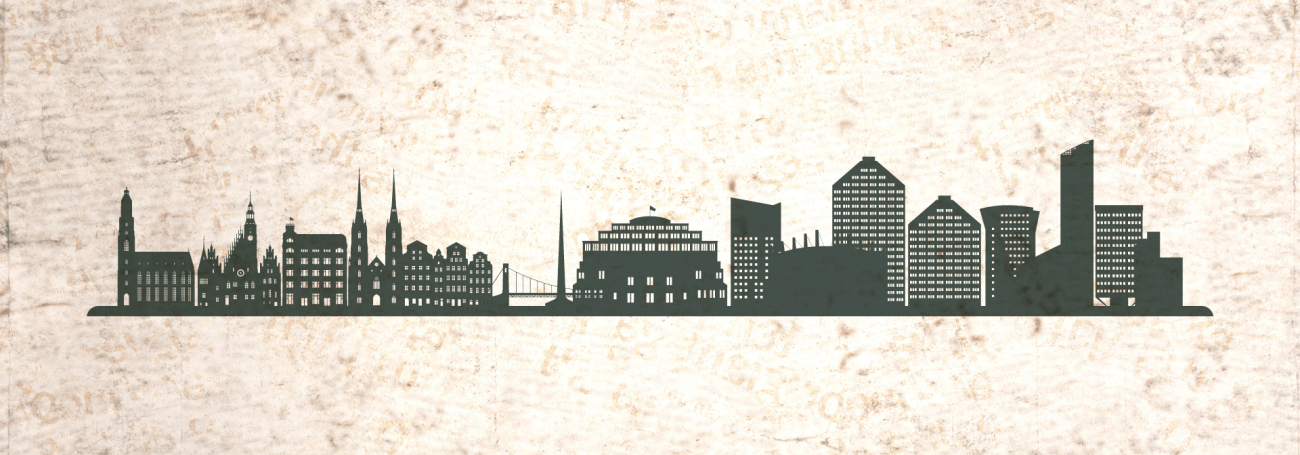Peer mediation methods are also about experiencing citizenship and participation. This is important given that the past decade has seen the development of social participation, grassroots movement activity combined with inclusive local government policies. The ideas of civil society, sustainable development, intersectoral cooperation, care for public space and corporate social responsibility all constitute a three-dimensional, comprehensive perception of the local community. This approach characterises our activities undertaken as part of neighbourhood projects. All of them deal with revitalisation and social activation, viewing it through building local networks, with active participation of responsible business and intersectoral relations. The value of the latter, its importance and role, is particularly well demonstrated in contexts of major social conflicts, in areas involving sensitive, difficult and perennial issues. The complexity of such processes requires multiple partners, a real platform for communication and, above all, tremendous mutual trust.
This approach is exemplified in our cooperation between the Wrocław municipality and the Roma communities. Since the second decade of the twenty-first century, Roma communities have independently established a settlement in the city area, commonly known as the encampment and functioning in the perception of Wrocław residents under such a name. It was inhabited by more than 200 people, who lived in makeshift barracks built from recycled materials, largely found in landfills. The settlement was deprived of access to the basic facilities (running water, sanitation) and, while being socially and systemically invisible, it turned into a kind of ghetto with difficulties typical to such places. The municipality wanted to solve the situation in a responsible and conflict-free manner, for a number of reasons, including illegal occupation of the area and people living in impoverished conditions. It was almost impossible for a single institution or organisation to create such a solution, so a project was created involving all the stakeholders, with the House of Peace as its leader. The result was developing a system that enabled the community consensually to change its place of residence, and thus close down the encampment (which took place in April 2018). Working with the community required balancing between building mutual relations and trust while gradually pursuing the immediate goal of the project, which was to get rid of the encampment and integrate the families into the local community. It was done with full respect for the will of the families. Participation in the project was voluntary, preceded by many informational and explanatory meetings about the scope of support and its principles.


